Life
-
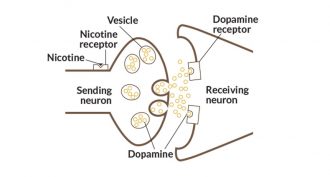 Health & Medicine
Health & MedicineExplainer: The nico-teen brain
Both e-cigarettes and tobacco products can release large amounts of nicotine during use. Nicotine is the chemical that makes tobacco addictive — and the teen brain is especially vulnerable to it.
-
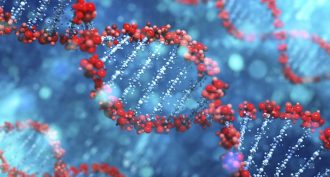 Genetics
GeneticsScientists Say: Loci
The DNA in our bodies contains thousands of genes, all with different functions. We use a special word for their location.
-
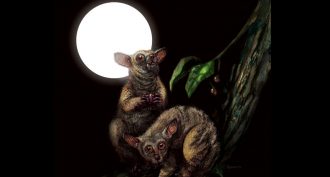 Fossils
FossilsRemains of ancient primate found in Oregon
Scientists have found a few teeth and a fossil jaw of an ancient species of primate. It may be related to modern lemurs or tarsiers.
By Bruce Bower -
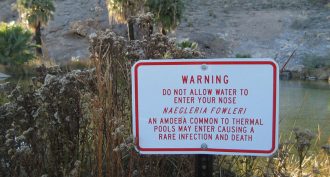 Microbes
MicrobesHow ‘brain-eating’ amoebas kill
When people infected with a “brain-eating amoeba” die, their own immune systems might be to blame.
-
 Genetics
GeneticsScientists Say: Allele
What makes your eyes green or brown? Different versions of the same gene. We call these alternative forms by a separate name.
-
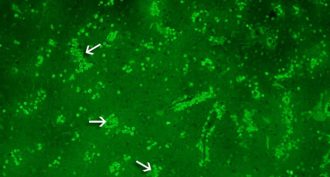 Health & Medicine
Health & MedicineFive things to know about ‘brain-eating’ amoebas
These parasites can be scary, but they rarely trigger infections. Still, knowing more about them can help you avoid behaviors that heighten risks.
By Janet Raloff -
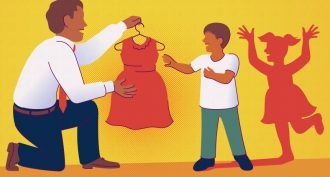 Health & Medicine
Health & MedicineIdentifying as a different gender
People grappling with gender identity issues (and their families) face difficult choices. As society increasingly accepts transgender youth, more research is needed to understand how better to support them.
-
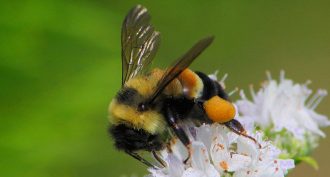 Animals
AnimalsClimate change shrinks bumblebee’s range
Due to global warming, bumblebees are disappearing from their southernmost homes. But their northern borders are expanding to compensate. This leaves the insects with less territory.
By Beth Mole -
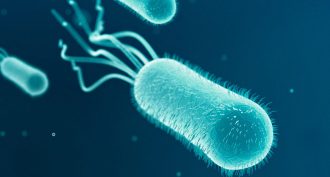 Physics
PhysicsBacteria help water effortlessly go with the flow
By adding bacteria to water, scientists were able to make a fluid flow with almost no resistance.
By Andrew Grant -
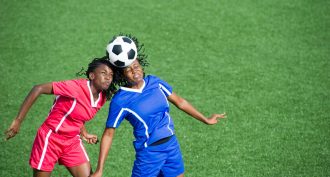 Brain
BrainSoccer: Watch out for collisions!
Scientists discover that concussions among high school soccer players stem more from aggressive contact between players than from heading the ball.
-
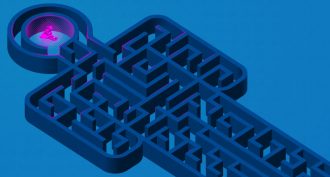 Health & Medicine
Health & MedicineGender: When the body and brain disagree
Researchers are working to untangle the highly complex relationship between our biology and our identity. In some individuals, a conflict can emerge, leading to a transgender identity.
-
 Brain
BrainExplainer: Sometimes the body mixes up male and female
Certain medical conditions demonstrate how complicated biology can be. Being genetically male and female will not guarantee that your body won’t sometimes contain one or more features of both.